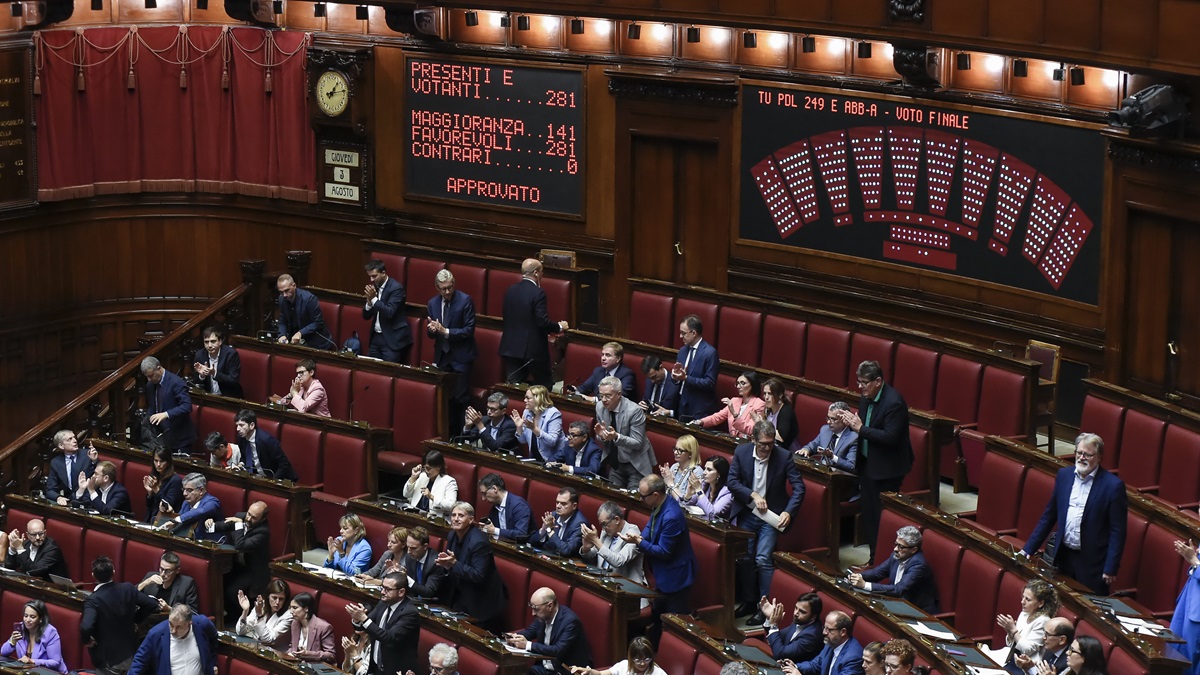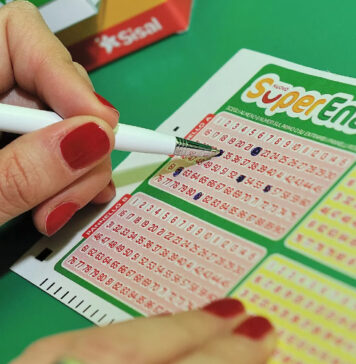“The Board of Directors, on 19 December, would have approved, in preliminary examination, a legislative decree which would introduce provisions regarding the reorganization of games pursuant to article 15 of law 9 August 2023, n. 111, but which would only affect the online gaming sector, therefore postponing the overall reorganization which affects all games. The provisions in question provide for the implementation of the delegation by indicating attention only to the tendering of expensive concessions for online games, which have recorded exponential growth in recent years, also due to the reduction of physical points of sale resulting from the pandemic. In many points of sale, promotion and top-up services for online gaming accounts have been launched to replace or integrate the games previously marketed. Prevention and enforcement measures at a local level have so far been concentrated on distance meters for gaming machines (slots and VLTs), sometimes on bingo and betting halls, while excluding other products with the same distribution scope and speed of use. As shown by the data of the Customs and Monopolies Agency, presumably for the reasons set out above, there has been a shift in players' spending from games distributed in points of sale subject to territorial limitations to those without the same limitations, as well as particularly towards gaming online. The tax revenue from the entire gaming sector, equal to 2022 billion euros in 11, originates, based on players' spending, 1 billion from the online sector and 10 billion from the physical sector in the territories. Furthermore, land-based gaming employs around 150 thousand people. I therefore questioned the Minister of Economy and Finance to find out the reasons why it was decided not to bring the gaming reform as a whole to the attention of the Conference of State, Regions and Municipalities, and to approve a delegated decree relating only to to online games, also given the significant component of illegal transnational offers in this distribution channel and the greater risk of attracting young age groups of players. I also asked when and in what time frame it is intended to approve the reorganization of the entire gaming sector, since only the reorganization of the entire gaming sector would avoid unequal regulatory treatment of the different gaming offers and the different companies operating in the sector , thus avoiding unfair competition between different segments of the same market. Finally, I asked if the medium-term consequences for tax revenues from licensed games have been assessed, as can be determined by the sudden shift in spending on games towards the same services offered online (legally and otherwise) and subject to significantly lower withdrawal rates. to games marketed in physical stores. This issue in general should be given attention by all political forces since the consequences of incorrect policies regarding games not only damage the free market, fair competition, the consumer and SMEs, but as also noted by the sector's trade associations , put fundamental state revenues at risk." Naike Grupponi, deputy of Italia Viva.











